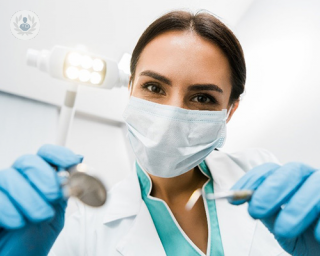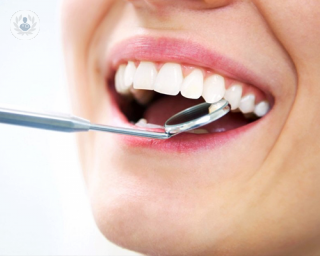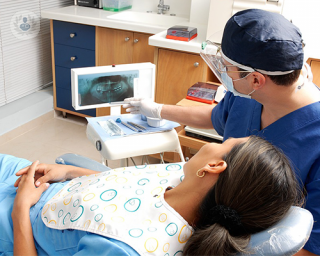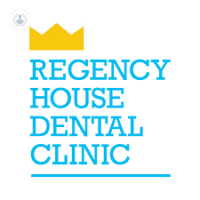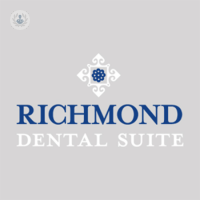Dental phobia
What is dental phobia?
Dental phobia or dental anxiety is a fear of dentistry and dental care. This fear can develop so much that individuals may avoid seeking necessary dental care and treatment, even when experiencing pain and dental issues. While most phobias are irrational or excessive, in some situations what is termed “dental phobia” may be based on a previous bad or traumatic experience with dentistry, and may be more akin to post-traumatic stress disorder than a true phobia. In other cases, it may be rational.
Certain specialist dentists and psychologists can help with the management of a dental phobia.

What are the symptoms?
Dental phobia is characterised by an extreme fear of dentists and dental care, including visiting the dentist, having dental work done, and even the sounds and smells associated with a dental surgery.
People with dental phobia often experience a range of physical and emotional symptoms when faced with the prospect of visiting a dentist. These may include:
- Intense anxiety or panic at the thought of going to a dental appointment.
- Avoidance behaviour such as often postponing or cancelling dental appointments.
- Physical symptoms that can include trembling, sweating, rapid heartbeat, nausea, and feeling faint or lightheaded.
- Difficulty breathing
- Feeling of dread or doom and a feeling of intense worry leading up to the dental appointment.
- Emotional distress.
Causes of dental phobia
There can be a number of causes or contributing factors to a dental phobia, including:
- Negative past experience: a fear of dentists or dental care may have a completely logical root – in many cases the patient has had an unpleasant, or even traumatic experience with a dental procedure in the past, which can leave lasting emotional scars.
- Fear of pain: the fear of experiencing pain during a dental procedure, is a common trigger for dental phobia.
- Fear of loss of control: some people may feel vulnerable during a dental appointment or while in the dentist's chair.
- Fear of needles: injections may be a necessary part of the dental procedure, to numb the area being treated. If a person has a fear of needles or injections, it can add to any existing phobia they may have.
- Sensory sensitivities: some people may experience heightened sensitivity to the sounds, smells, and sensations found in a dental clinic.
How can it be prevented?
With modern dental advances, both in practice and in the more positive atmosphere that clinics try to create, there is a real effort to reduce negative associations with dentistry. However, phobias are complex psychological conditions, and are difficult to prevent.
What is the treatment?
If you have a fear of the dentist, it is still important to maintain dental care for the sake of dental health. Finding an understanding dentist with a good bedside manner is key to overcoming any fears. As with many situational phobias, one of the ways to treat the fear is to face it, to gradually become desensitised to the dental environment. This can be done by:
- Visiting the clinic to meet the dentist and staff before the first check-up.
- Book the appointment early in the morning to reduce the time you spend beforehand dwelling on it.
- Have a friend or family member go with you to the appointment.
For patients who are extremely nervous, some special clinics offer sedation to relax them.
As with all phobias, there are psychological techniques and therapies, like CBT (cognitive behavioural therapy) that some patients find useful in overcoming their fear.

